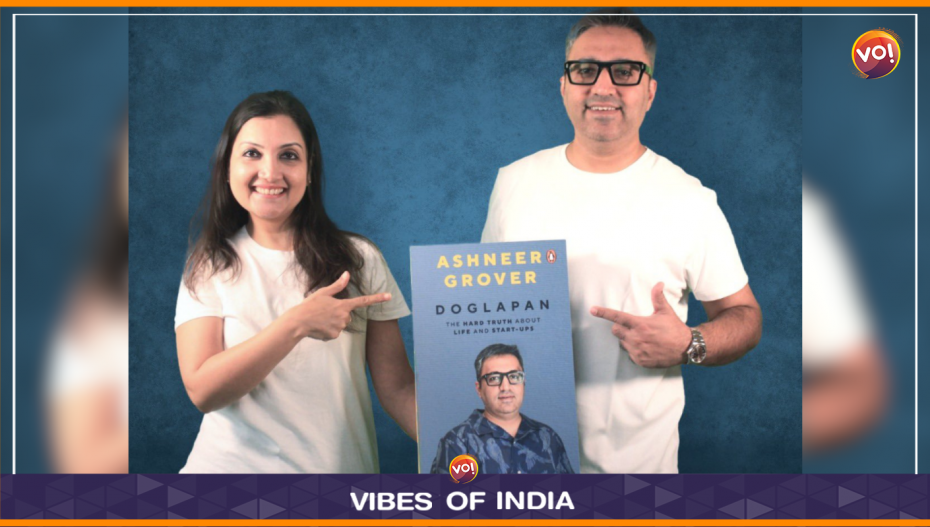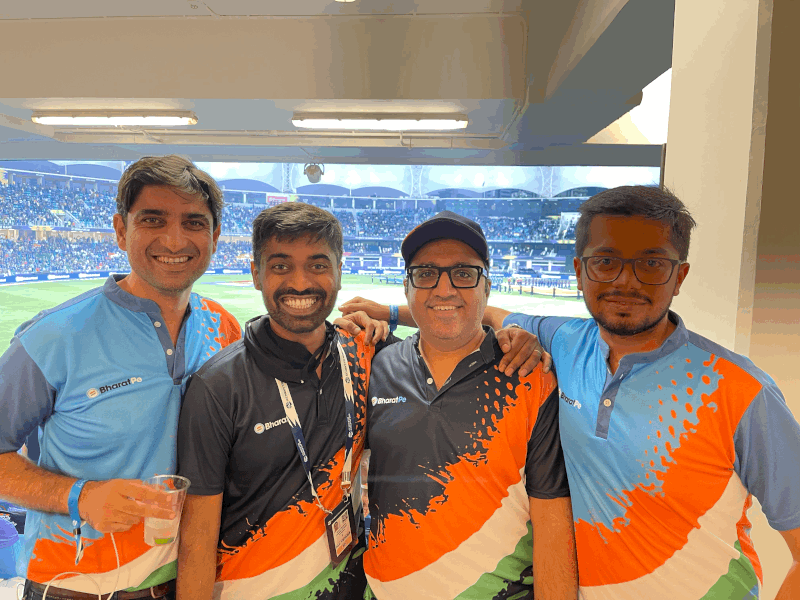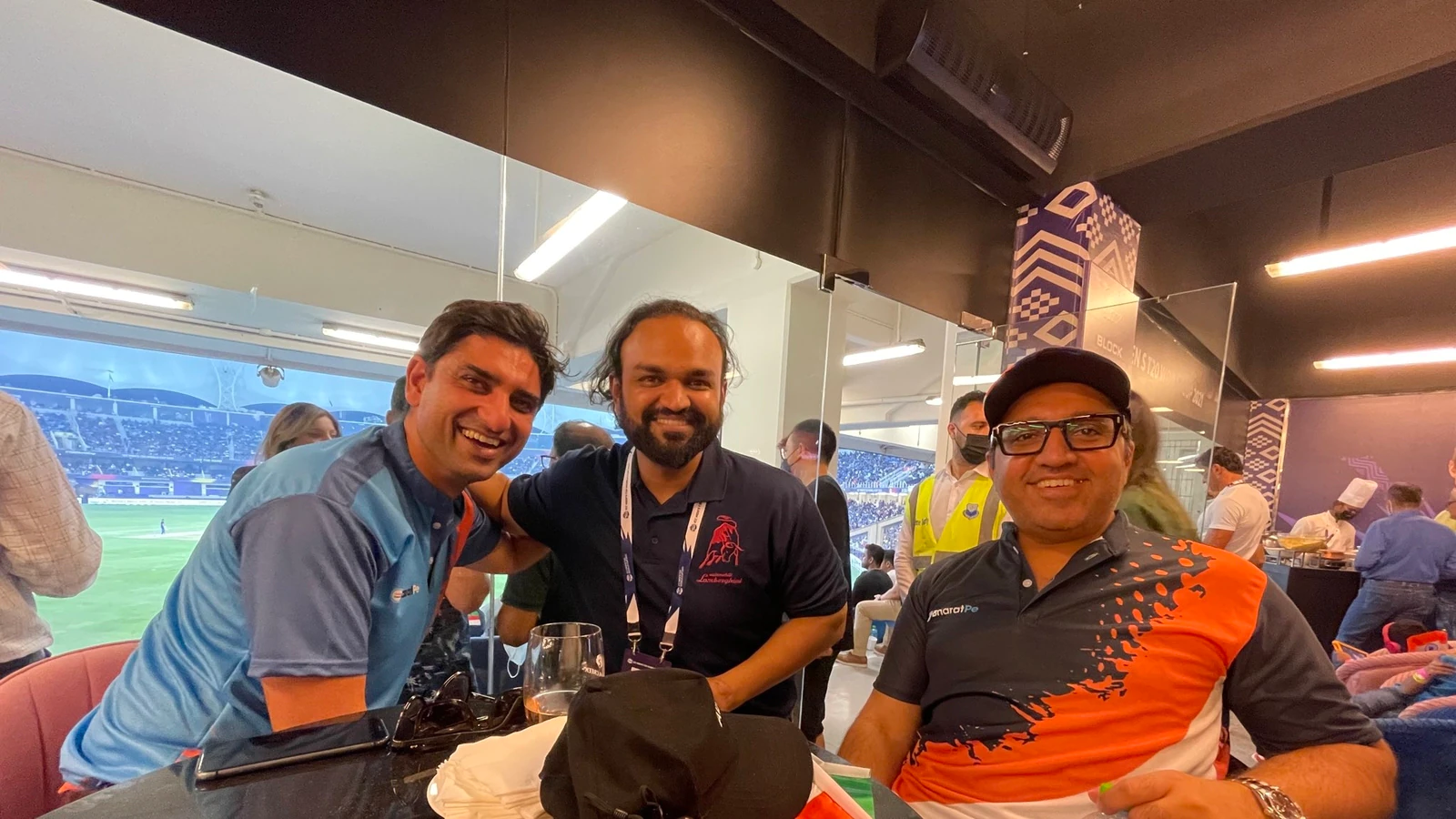How do you solve a problem like Ashneer Grover? Borrowed from The Sound of Music song, the line best describes the Indian business establishment’s reaction to Grover’s recent book, Doglapan. I have asked several CEOs what they think of the book and most of them just shake their head in disapproval and mutter something that sounds like what the nuns say about Maria in the musical. Grover is a flibbertigibbet, a will-o’-the-whisp, a clown.
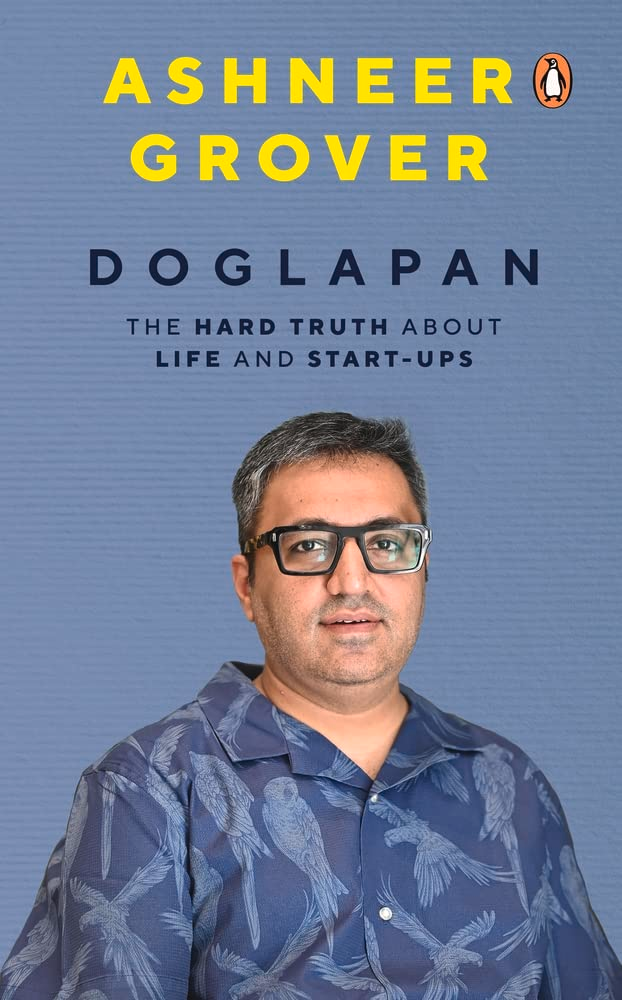
Meanwhile, Doglapan (Hindi for hypocrisy or double standards, a term Grover brought into the popular lexicon during his stint on the jury of the OTT series Shark Tank) continues to be a hot seller for its publisher Penguin India and Grover himself is quite the star among young crowd, judging by his popularity as a speaker on B-school campuses. There too, he is at his bindaas best, taking pot shots at everyone without fear or favour.

For example, here’s what he says in Doglapan about Rajnish Kumar, retired Chairman of SBI and currently the chairman of BharatPe: “On the first day in office itself, he arm-twisted me and got his ESOPs raised from Rs 2 crore to Rs 3 crore, an early sign of greed and bad intent I should have read.”
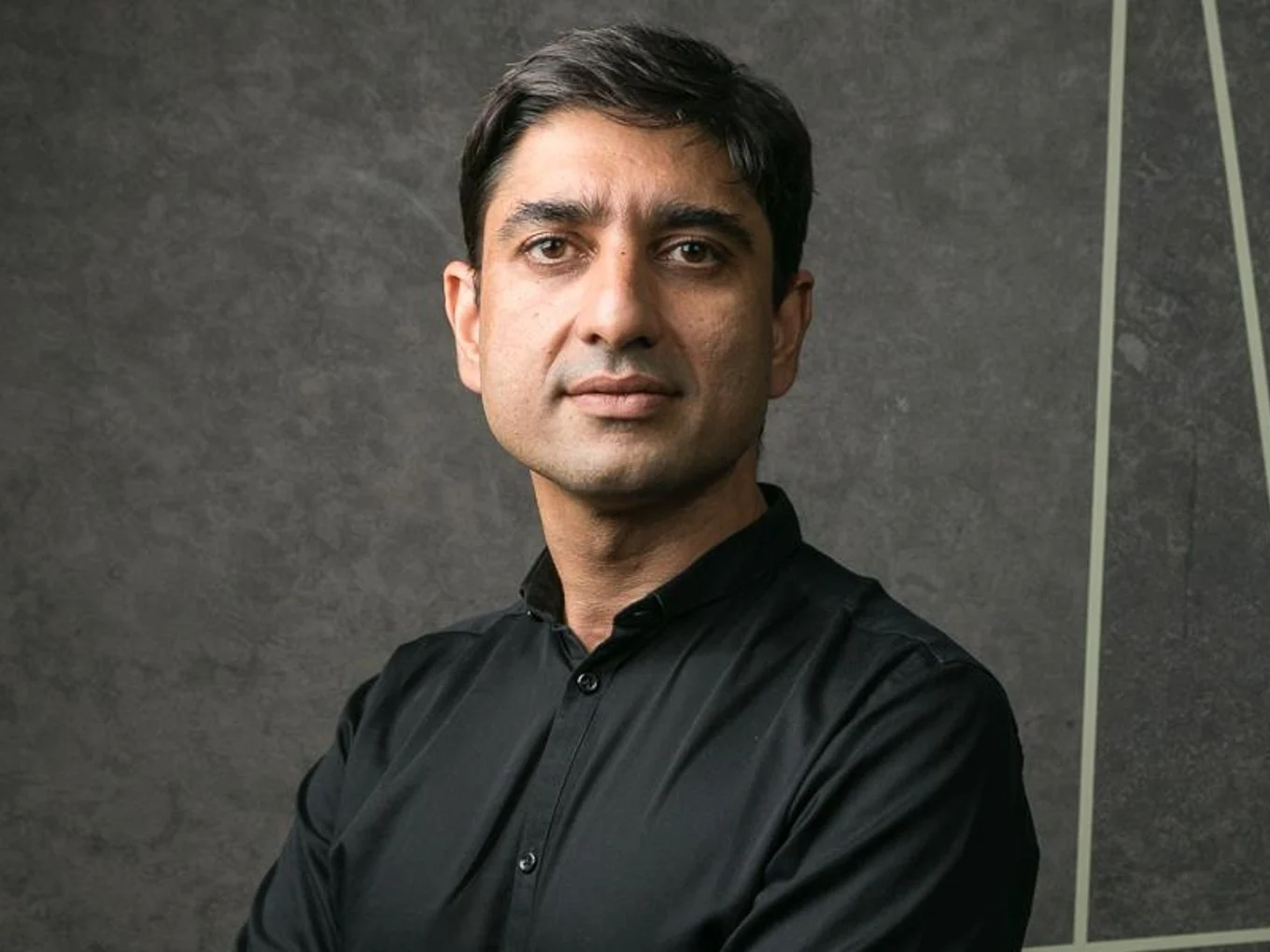
Or about Suhail Sameer, CEO of BharatPe: “We received an anonymous email about a lady we were looking to hire as Suhail’s executive assistant saying that we were making a mistake. Suhail had an affair with this lady and she was one of the reasons he was asked to leave the RP-Sanjeev Goenka Group.”

And here is his putdown of Aman Gupta, co-founder of BoAt and fellow Shark: “He really wanted to be on the Shark Tank panel. It meant far more to him than it did to me…Post the screening, while we were having rajma chawal for lunch, I was asked by Aman, ‘Ashneerbhai, kya lagta hai, lenge ya nahin?’ To my nonchalant ‘Kya fadak padta hai,’ came his impassioned ‘Maine Shark Tank dekh kar dhandha banaya hai’. This was the first time I realised that being on the show could indeed mean something big.”
Doglapan reads like the transcript of a gossipy conversation among a group of friends. The language is colloquial, and it is quite possible that Grover dictated the whole thing rather than write it, leaving it to the editors at Penguin to polish the text. Starting with his childhood in Delhi’s Lajpat Nagar and his time at IIT-Delhi and IIM-Ahmedabad to his first job at Kotak Bank and then American Express, the story of Grover’s early life is fairly mundane. The book really takes off when he enters the start-up world as the CFO of Grofers (since bought by Zomato and renamed Blinkit).

Grover is a raconteur and the stories he tells from his Grofer days make for great reading. Take the story of Mr Kapoor, an organic vegetable supplier to Grofers in its early days. As a test, Mr Kapoor ordered Rs 500 worth of organic vegetables from his own shop to be delivered to his home. Grofers sent Mr Kapoor normal vegetables from another vendor instead. An enraged Mr Kapoor promptly went and registered a case of fraud against the company at the Greater Kailash police station under section 420 of the Indian Penal Code.
The case was Grover’s first assignment at Grofers. He writes in Doglapan: “I tried to reason it out with Kapoor, but soon realised that his angst ran deeper and it wasn’t just about being delivered the wrong veggies. His son had apparently set up a company called I Say Organic and despite the fact that it started much before Grofers, it had failed to garner investor interest. Now that he had to reconcile to being a vendor with Grofers, he didn’t take to it very kindly.”

Grofers spent Rs 25 lakh and 18 months on the case, which was eventually dismissed by the Supreme Court. During Grover’s time as CFO, Grofers also tried to merge with competitor Bigbasket. The merger would have given Grofers the operational margins it needed to survive. When the deal fell through, Grover decided to move on. His next job was with PC Jewellers, where he spent a year setting up the company’s gold loan business. In Doglapan, Grover says the brief PCJ stint gave him insights that would be crucial to his success at BharatPe: “If I hadn’t taken those few steps backwards, I wouldn’t have been able to dart ahead with BharatPe…I came to understand the problem statement of a shopkeeper and mentality of the baniya businessman.”
Grover was roped in as CEO of BharatPe through Fasun, a Chinese VC that provided the company its seed capital. The original founders of the company are Bhavik Koladiya and Shashvat Nakrani, two young computer geeks from Bhavnagar, Gujarat, who were then at IIT-Delhi. Grover was given the status of a founder at BharatPe, with a one-third shareholding. Later, Grover brought his wife Madhuri into BharatPe as a director in charge of administration, a decision that would later prove to be his undoing.
BharatPe started as a UPI payment app like Paytm and GooglePay, supplying merchants a QR code linked to their bank accounts. Its breakthrough came when it offered the merchants easy credit, while charging interest that earned BharatPe a 48% internal rate of return. The company then came up with a merchant investment product, where it offered shopkeepers interest of 12% on the money in their current account, which proved a hit.
Grover’s escapades at BharatPe include sponsoring the ICC World Cup in Dubai and gifting BMW bikes to young recruits in a time when the company faced an acute shortage of IT engineers. These make for fun stories but the most interesting parts of Doglapan are Grover’s accounts of pitching to global private equity investors like Sequoia, Ribbit, Tiger Global, Insight Partners and Beenext. These investors have given BharatPe a valuation of over $2.8 billion and Grover’s own 8.43% equity stake is currently worth $240 million.
What went wrong? As Doglapan tells it, Grover’s expulsion from BharatPe was on account of a Board-level conspiracy. He was asked to go on voluntary leave while the company’s auditors investigated charges of financial wrong-doing against him and his wife Madhuri and he was eventually forced to resign. But Grover is the hero of his own story and even in defeat, he portrays himself as a martyr, brought down by evil forces.
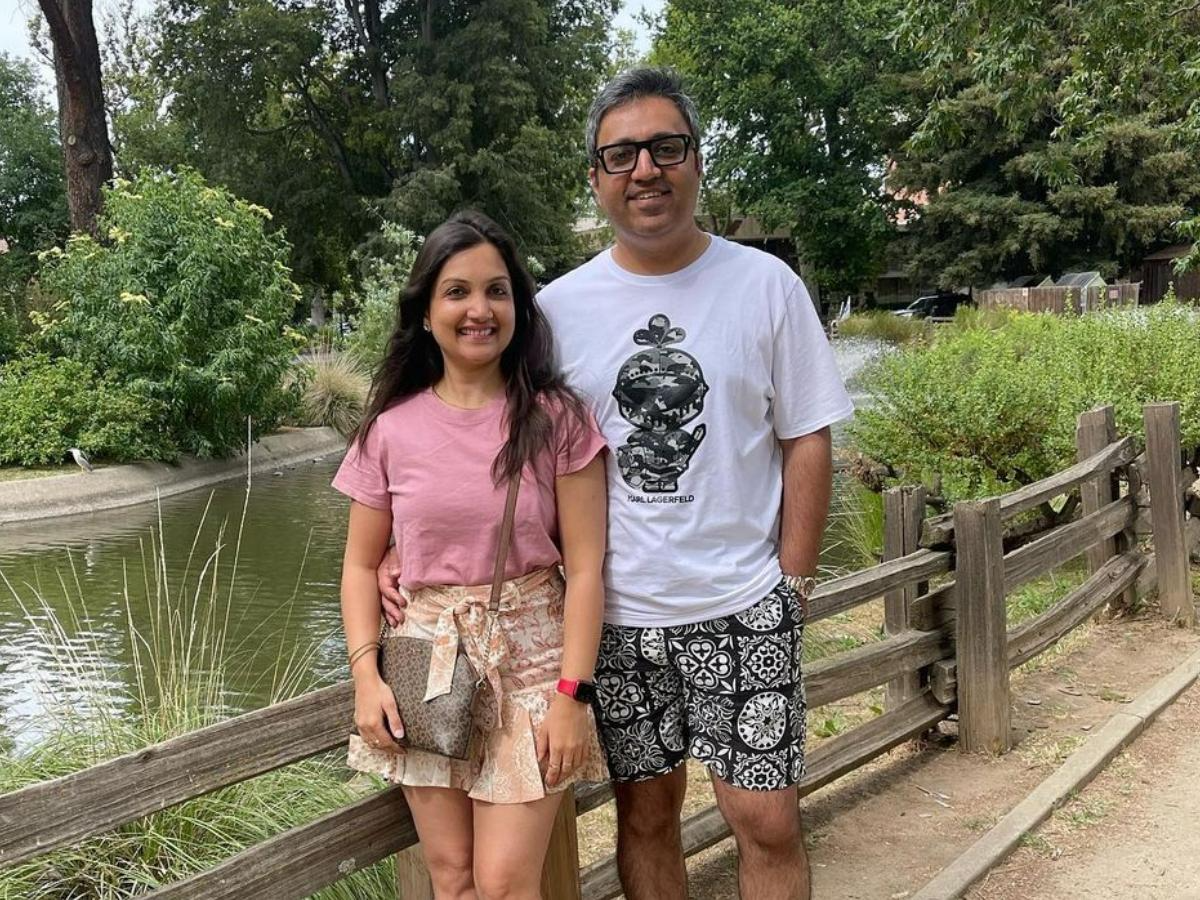
Even if you take it with a pinch of salt, Doglapan makes for a good read. The action is unrelenting and the characters that inhabit its pages represent the best and worst of the Indian start-up story. What business historians will make of it in the future is anybody’s guess. But if it prompts India Inc to shed its inhibitions and become more bindaas, Doglapan will be remembered as a milestone.
Also Read: Former BharatPe Co-Founder Ashneer Grover’s Father Dies At 70



